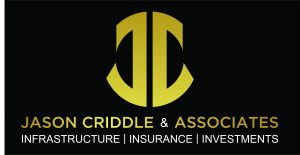
When investing in a small business, investors may be able to claim a larger tax deduction on personal losses compared to not making the investment to begin with. Here’s a brief explanation of how this can work:
Ordinary Loss Deduction:
By investing in a small business and actively participating in its operations, investors may be eligible to deduct their losses against their ordinary income. This is known as an ordinary loss deduction.
Pass-Through Entities:
Many small businesses are structured as pass-through entities, such as sole proprietorships, partnerships, and S-corporations. These entities do not pay taxes at the entity level but instead “pass through” profits and losses to their owners.
Deducting Business Losses:
If the investor’s investment in the small business results in a net loss, they can generally deduct this loss against their other sources of income, such as wages or investment income. This deduction can help offset their overall tax liability, reducing the amount of tax they owe.
Active Participation:
It’s important to note that to claim the ordinary loss deduction, the investor must actively participate in the business. This typically means being involved in day-to-day operations or decision-making. Passive investors may have limitations on the deductibility of their losses.
Limits and Restrictions:
There may be certain limits and restrictions on the amount of loss that can be deducted in a given year. The specific rules and limitations depend on the investor’s tax situation, including their filing status and other income sources. Consultation with a tax professional or accountant is essential to determine the exact deductibility of losses and to ensure compliance with tax regulations.
It’s important to remember that investing in a small business should not solely be driven by the potential tax benefits. Proper due diligence and a sound investment strategy should be the primary considerations. While tax deductions can provide a valuable advantage, it’s crucial to evaluate the overall business opportunity, potential risks, and align the investment with long-term financial goals. Professional advice should always be sought to ensure proper tax planning and compliance with applicable laws and regulations.

CEO of SmartrHoldings and SmartrMarketing
International best-selling author.
Published on Forbes, Quora, and many more popular online publications.


